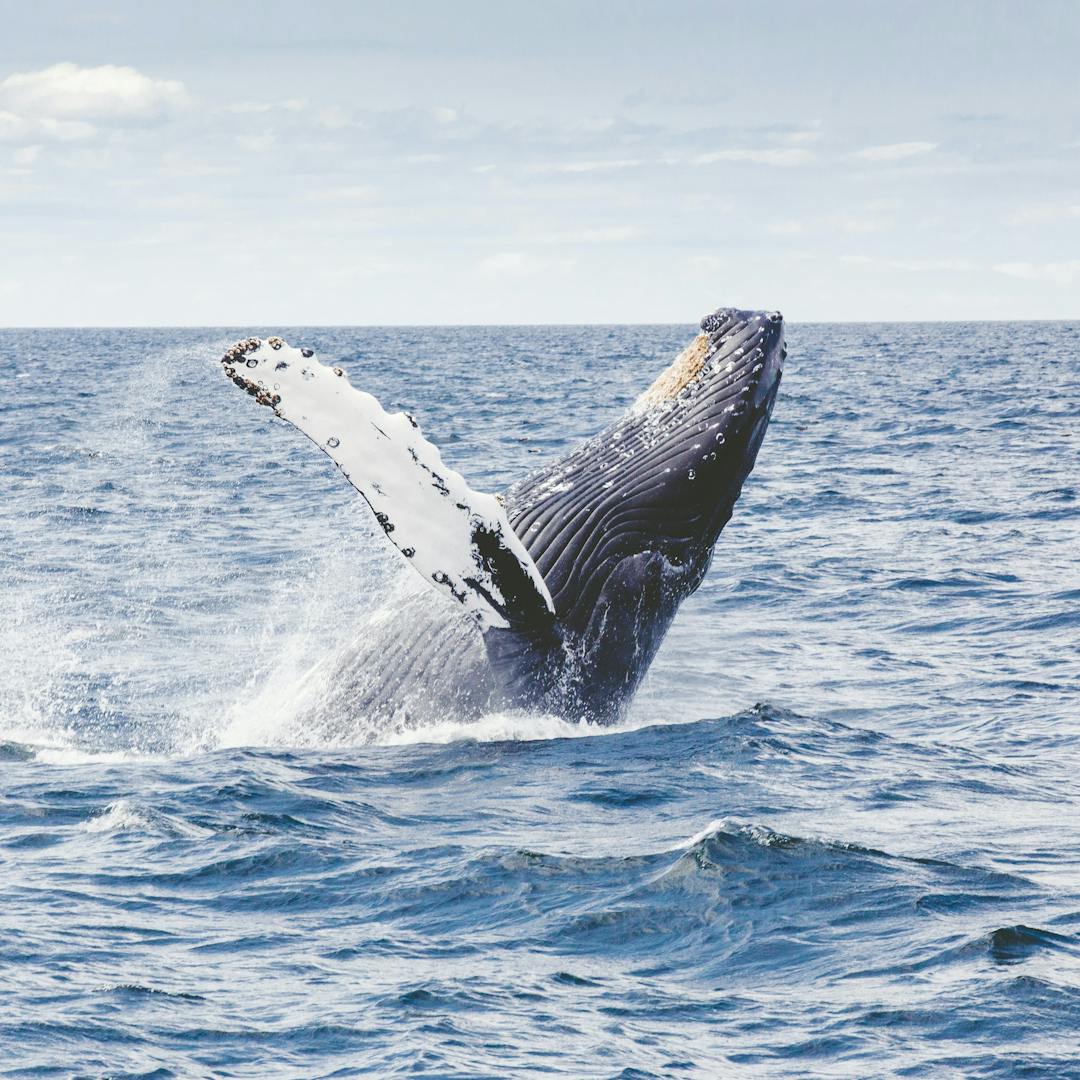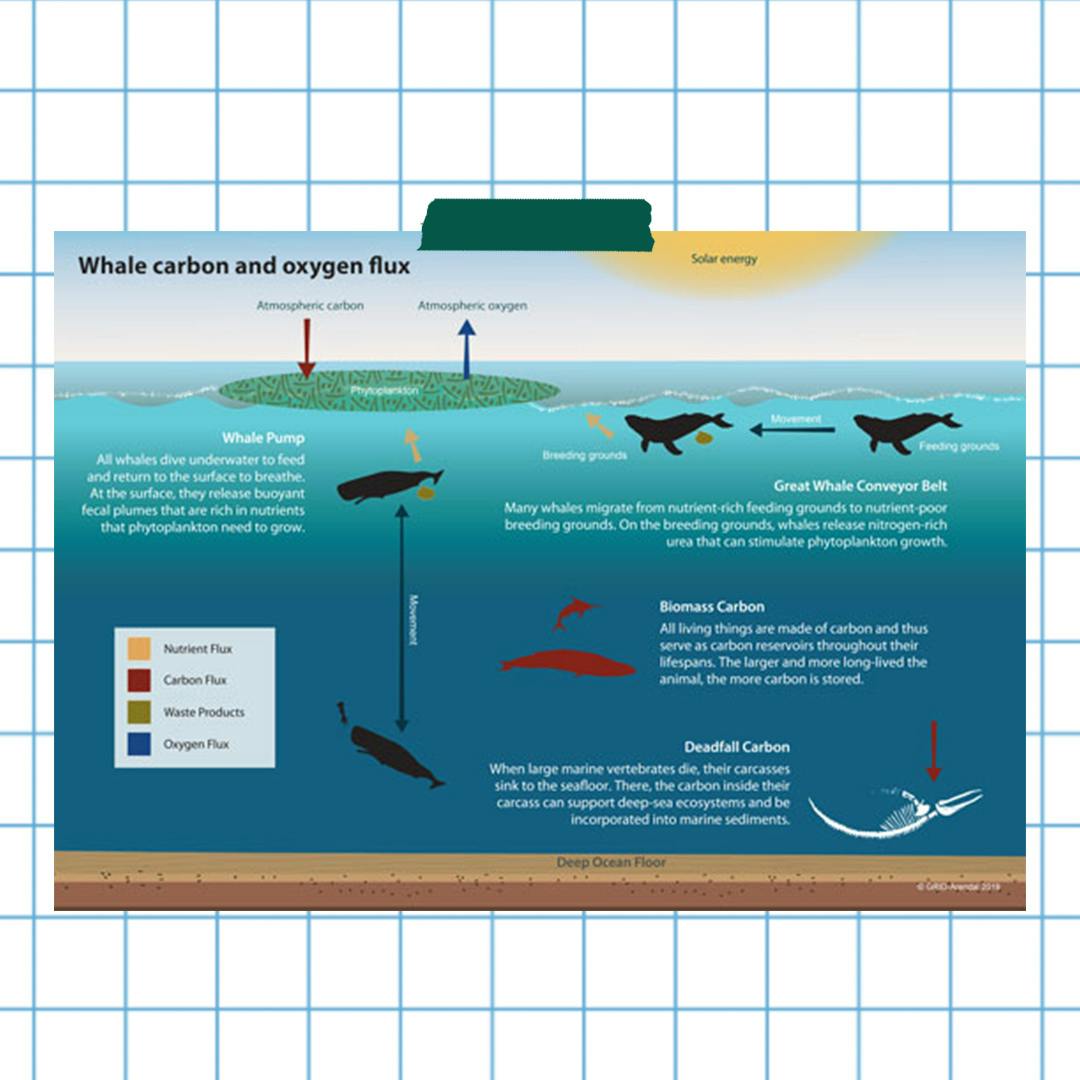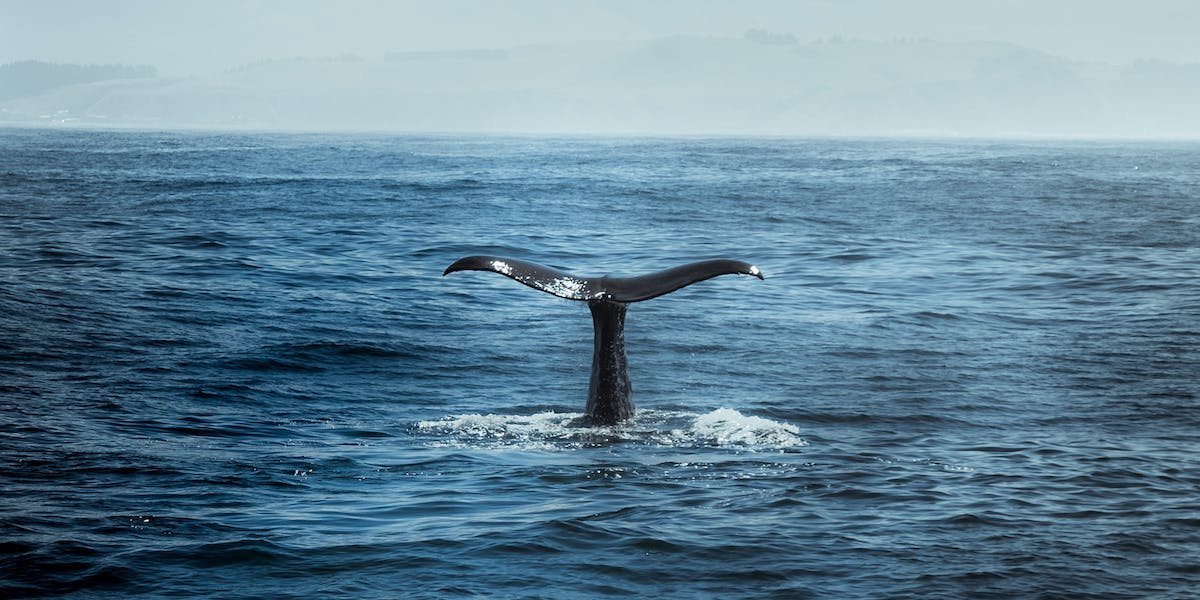Lifestyle
Why Tech Alone Won’t Change The Climate Crisis
7min read
We’re living in a time of unprecedented technological change that some are calling the ‘new industrial revolution’. Developments have meant we can now ‘print’ medical devices and cars are literally parking themselves. It’s also proving an exciting time for ‘green-tech’, with developments in carbon capture which have seen the first ‘drawn-down’ of a ton of CO2 for under $100 by ‘Carbon Engineering’ - an important step in proving the viability of carbon dioxide removal. But these sorts of developments tend to make us feel like there’s breathing room and a group of people ‘out there’ with THE answer to climate change. This is dangerous at a time when the scale of our efforts are already vastly mis-matched to the scale of the issue.
If we allow ourselves breathing room, we stand to find ourselves in the same situation down the line - having captured all CO2 emitted since the industrial revolution, but emitted another gazillion tons (don’t quote me on that) since the onset of the ‘tech revolution’ or ‘new industrial revolution’. It’s also a really expensive route forward.
But, most importantly, a tech-centric approach to sustainability and carbon emissions undermines the value in readily available, relatively cheap and extremely high impact nature-based solutions (or NBS, as I prefer to call them).
What are Nature-Based Solutions?
Nature-based solutions were defined by the IUCN as:
“actions to protect, sustainably manage, and restore natural or modified ecosystems; that address societal challenges effectively and adaptively, simultaneously providing human well-being and biodiversity benefits”
In other words: give nature the space to do what it’s capable of and reap the benefits.

Enter whales...
My favourite example of this in action was the discovery that allowing whale populations to reach pre-industrial levels could significantly help slow the effects of climate change.
“Whales accumulate carbon in their bodies during their long lives. When they die, they sink to the bottom of the ocean; each great whale sequesters 33 tons of CO2 on average, taking that carbon out of the atmosphere for centuries. A tree, meanwhile, absorbs only up to 48 pounds of CO2 a year”

But don’t write-off trees
We can’t discredit trees in favour of saving the whales. We need both because "global tree restoration is our most effective climate change solution to date". Recent analysis found there are 1.7 billion hectares of treeless land on which 1.2 trillion native tree saplings would naturally grow. That area is about 11% of all land and equivalent to the size of the US and China combined, and doesn’t include cropland or require any level of displacement.

Ultimately, both approaches are productive
A siloed focus on either tech-based or nature-based solutions alone won’t be enough to reverse climate change. But NBS certainly deserve far more attention than they’re currently given, because thriving natural systems underpin and interlink absolutely everything. Planetary health equals human health equals economic health (and we have COVID-19 as a pretty solid example of that).
By Ellie Harrison
Ellie heads up all-things sustainability, making sure everything we do is as conscious as possible. She couldn’t live without volleyball, killer whales and porridge… though hopefully not at the same time.
Let us take care of dinner
We help to make eating more plants easy and delicious. Fancy letting us take care of dinner? Check out our delicious meals here.
Shop now
